The patient's condition became more serious, so she went to the hospital for examination. On June 20, Master-Doctor Ho Minh Tuan, Head of the Cardiology Department, FV Hospital, said that through examination, it was determined that the old woman had severe obstructive hypertrophic cardiomyopathy, with a blockage of up to 80mm of mercury, leading to heart failure and difficulty breathing.
In addition, she also suffered from severe obesity and high blood pressure. If left untreated, the condition could progress to pulmonary edema and cardiac arrest.
"Hypertrophic obstructive cardiomyopathy is caused by a genetic mutation that causes the heart's septum to thicken, blocking blood flow. This is a difficult and dangerous disease to treat. There have been many studies on this disease in the world , but in Vietnam this disease is still quite new," explained Dr. Ho Minh Tuan.
In the past, to treat this, doctors would operate on the heart, removing the thickened part to reduce the blockage, which was a major surgery with many risks of complications. Recently, interventional cardiac catheterization, also known as percutaneous intervention, has been used to avoid patients having to undergo major surgery.
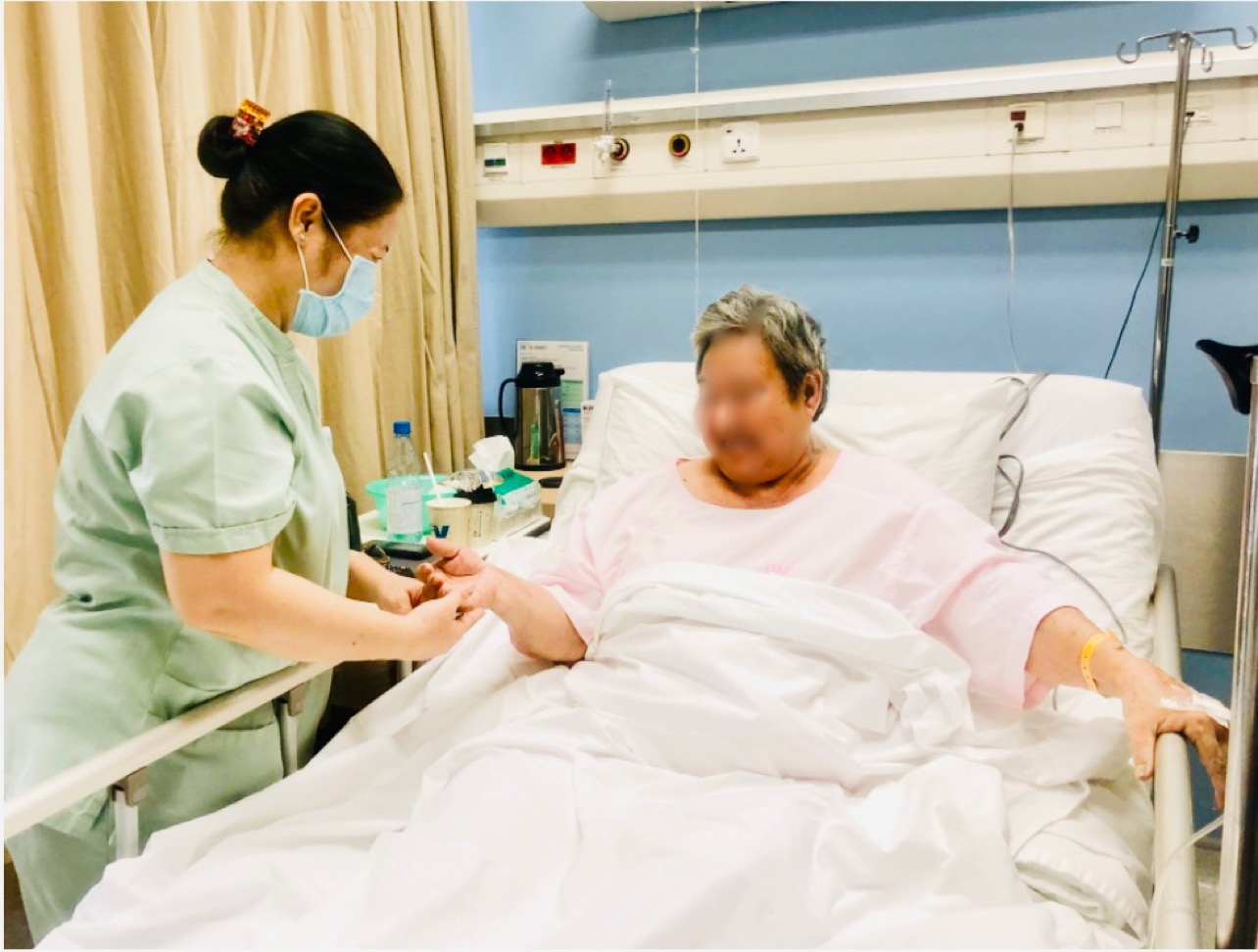
Old lady recovers after interventional cardiology
The patient is given local anesthesia, the doctor inserts a tube from the blood vessels in the arm and thigh, one line to place a temporary pacemaker, which will be removed after the procedure. The other line is used to insert a special balloon device into the heart chamber. When the blockage is determined, the doctor injects biological alcohol into it, making the heart wall thinner, reducing the blockage, thereby allowing blood to flow out to nourish the body better, no longer blocked, thereby effectively improving the heart failure condition.
The procedure takes only 1 hour. The patient remains conscious during the procedure; since there is no need for an endotracheal tube, the patient can be discharged after 48 hours.
Two days after the interventional cardiology surgery, Ms. K. said she was completely healthy and was discharged from the hospital to go home.
According to Dr. Tuan, hypertrophic cardiomyopathy will have groups of symptoms such as difficulty breathing, fainting (some people faint many times), chest pain, some people have no symptoms but family members have a history of hypertrophic cardiomyopathy so they are aware to go to the hospital for examination and monitoring.
To treat hypertrophic cardiomyopathy comprehensively, patients first need to change their lifestyle such as eating and exercising regularly, avoiding dehydration, taking medication and being prescribed interventional procedures when there are symptoms of severe obstruction.
Source link




![[Photo] Hanoi morning of October 1: Prolonged flooding, people wade to work](https://vphoto.vietnam.vn/thumb/1200x675/vietnam/resource/IMAGE/2025/10/1/189be28938e3493fa26b2938efa2059e)











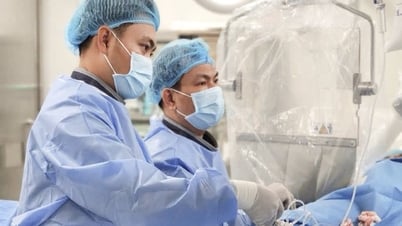
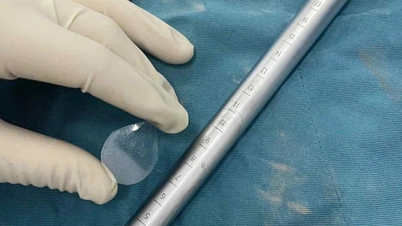






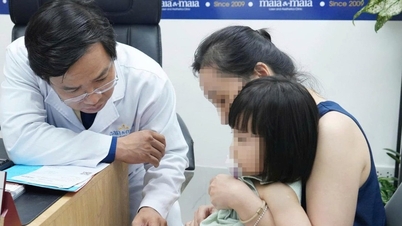









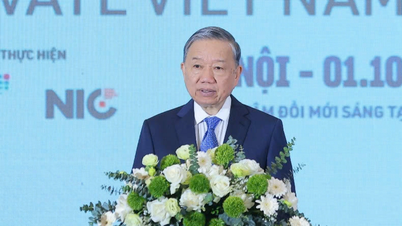


![[Photo] Panorama of the cable-stayed bridge, the final bottleneck of the Ben Luc-Long Thanh expressway](https://vphoto.vietnam.vn/thumb/1200x675/vietnam/resource/IMAGE/2025/9/30/391fdf21025541d6b2f092e49a17243f)




























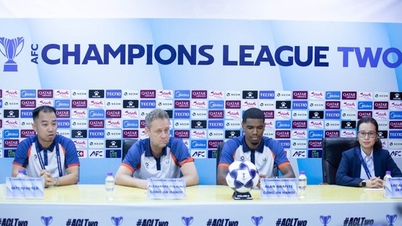

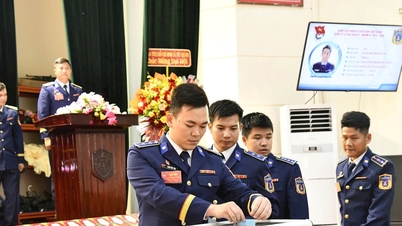


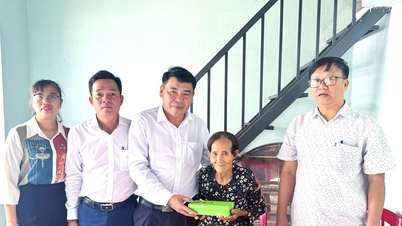
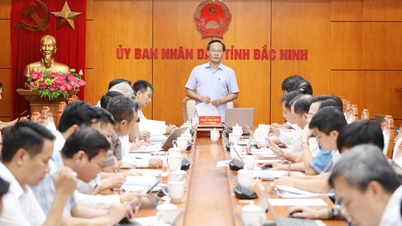
















Comment (0)